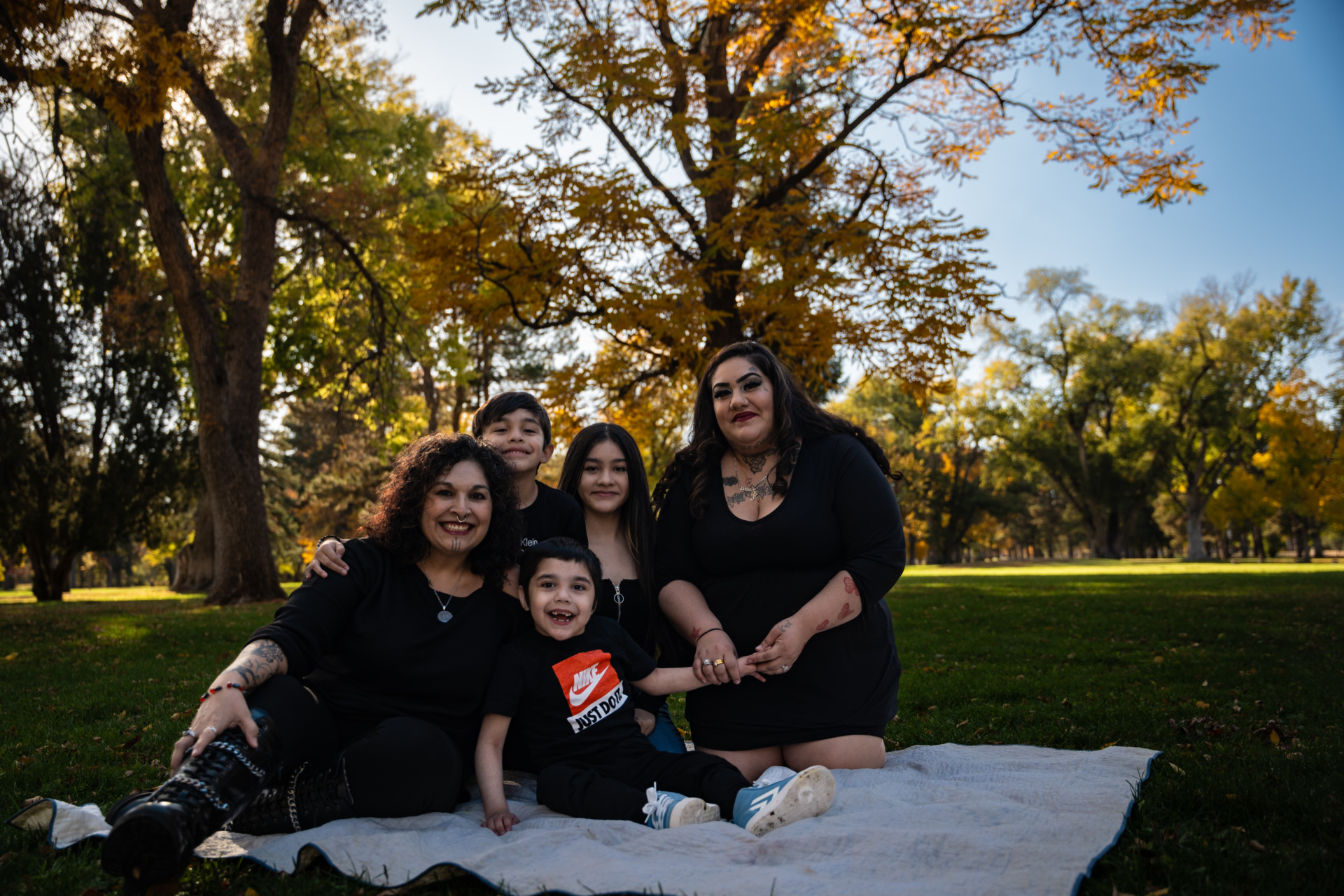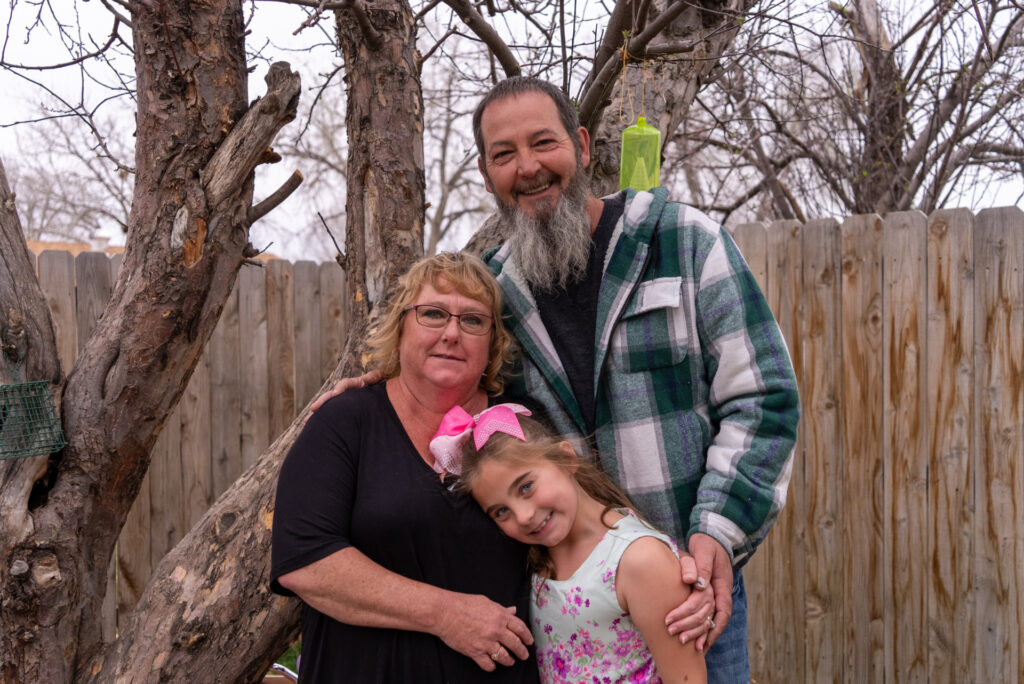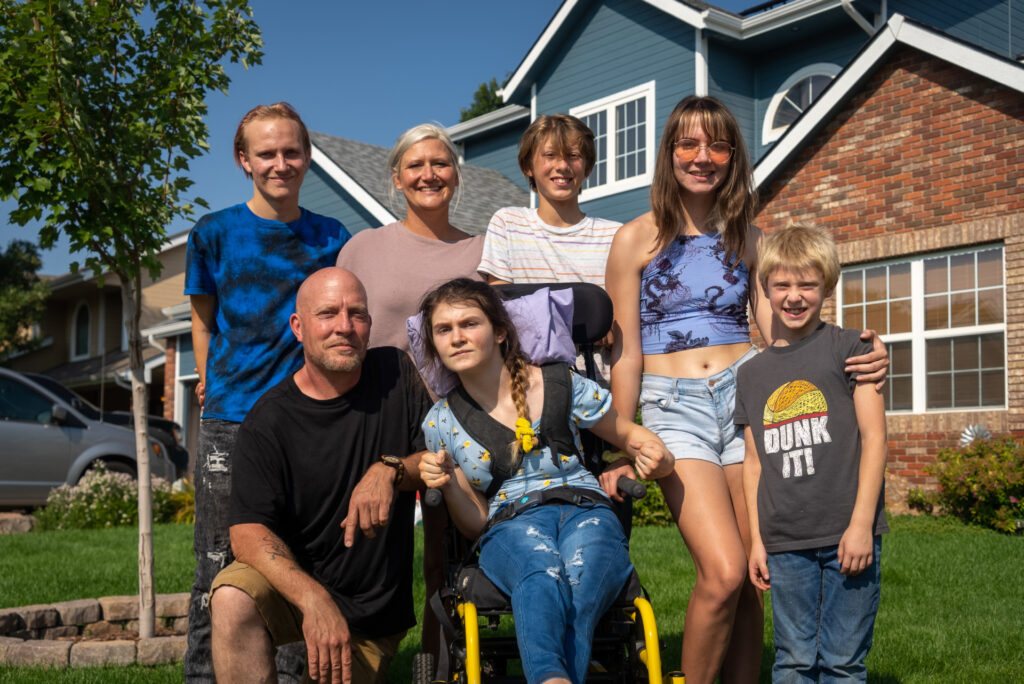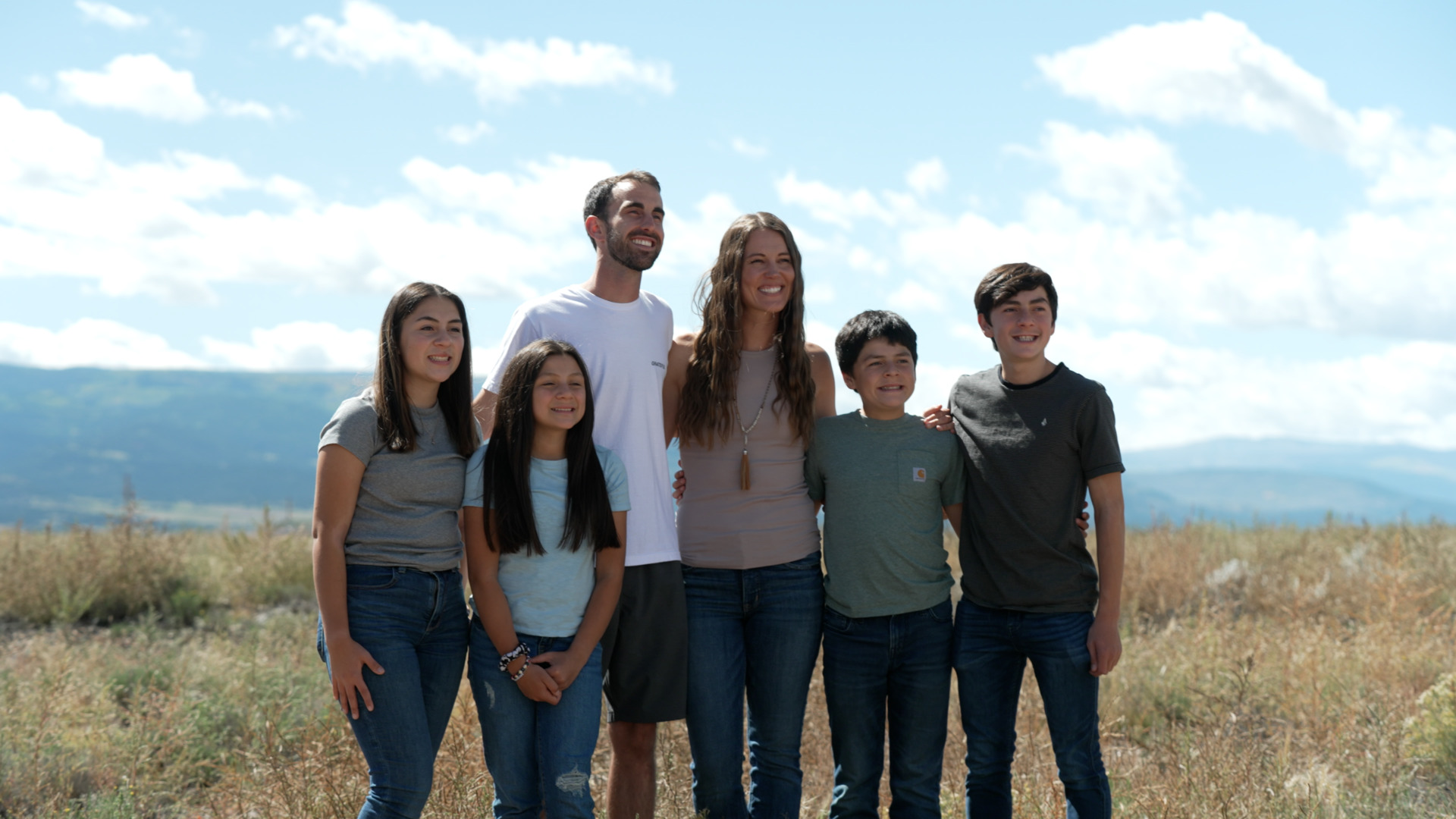Kinship Care
Children and youth thrive with their families. However, when kids cannot safely remain with their parents, Kinship Care is an excellent option that allows children and youth to live with families that they already know and trust.

Who can become a kinship caregiver?
A kinship caregiver is any adult known by the family who can offer children and youth a safe and stable home. These children and youth have been separated from their parents or guardians and are involved in an open case of child welfare. These adults include:
- A relative by birth for example grand parents, aunts, uncles or cousins.
- A relative by marriage or adoption.
- An adult with a family-like relationship.
- A person with a previous significant relationship such as a friend, teacher, coach or neighbor.

In 2024, 50.1% of children and youth who were separated from their families had their initial placement in kinship care.

Why kinship is important?
Kinship care helps to preserve children’s cultural identity and relationship to their community.
Children and youth in kinship homes are more likely to grow healthy and develop a sense of belonging.
Research from the Child Welfare Information Gateway and the Children’s Bureau shows that when children and youth cannot remain with their parents, kinship care can help them thrive. Some other positives include:
- Reduced trauma by providing familiarity, continuity, and retention of familial ties.
- Improved mental health outcomes.
- Better educational outcomes and stability.
- Greater stability in placements and higher levels of permanency.
- Stronger ties to the child’s biological family.
- Preservation of important cultural, ethnic, racial, and traditional connections to their communities of origin.
- Higher placement satisfaction for children and youth, including feelings of love and belonging.
If you are a kinship caregiver looking for resources contact your county.
Step Up for Children You Care About.
Visit CDHS Kinship page and learn more.
Ufif
